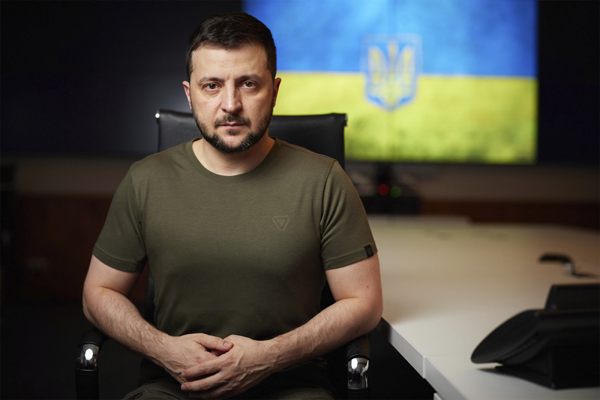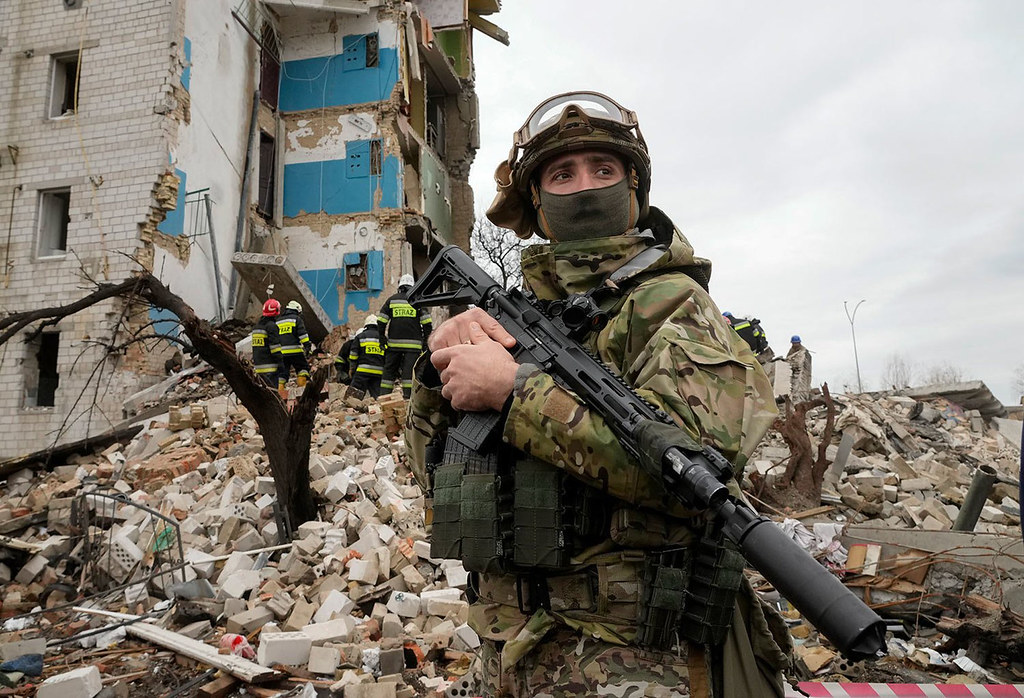The Russia-Ukraine War, also known as the Russo-Ukrainian War or the War in Donbas, is an ongoing conflict in eastern Ukraine that began in 2014. The war has caused significant loss of life and has displaced thousands of people. The conflict has also had far-reaching consequences, including the imposition of economic sanctions on Russia and a deepening of tensions between Russia and the West.
The root causes of the Russia-Ukraine War
The immediate cause of the Russia-Ukraine War was the 2014 Ukrainian revolution, in which pro-Russian President Viktor Yanukovych was ousted from power and a new, pro-Western government was established. In response, Russia annexed the Crimean Peninsula and began supporting separatist rebels in eastern Ukraine.
However, the roots of the conflict go much deeper than this. The Ukraine-Russia relationship has a long and complex history, and there are a number of factors that have contributed to the current conflict.
One key factor is the issue of identity. Ukraine has a complicated relationship with its identity, with many Ukrainians feeling a strong sense of connection to both Russia and Europe. This has led to ongoing debates about Ukraine’s place in the world and its relationship with Russia.
Another factor is the issue of economics. Ukraine is heavily dependent on Russia for its energy supplies, and Russia has used this dependence to exert influence over Ukraine in the past. In addition, the Russian market is an important destination for Ukrainian exports, and the loss of this market could have serious economic consequences for Ukraine.
Political factors have also played a role in the conflict. The 2014 Ukrainian revolution was seen by many in Russia as a Western-backed coup, and the new Ukrainian government’s pro-Western stance has further strained relations between the two countries. In addition, the Russian government has long sought to maintain a sphere of influence in its near abroad, and the loss of Ukraine to the West would be a significant blow to Russia’s prestige and influence.
Finally, the conflict in Ukraine has also been fueled by historical and cultural factors. There is a long history of tension between Russia and Ukraine, and the two countries have a complex and often contentious shared history. This has contributed to ongoing issues of mistrust and resentment between the two sides.
Overall, the Russia-Ukraine War is a complex and multifaceted conflict with a number of causes. While the immediate trigger was the 2014 Ukrainian revolution, the roots of the conflict go much deeper, and involve issues of identity, economics, politics, and history. The conflict has had significant consequences, and it is likely to continue to shape relations between Russia and Ukraine for years to come.

